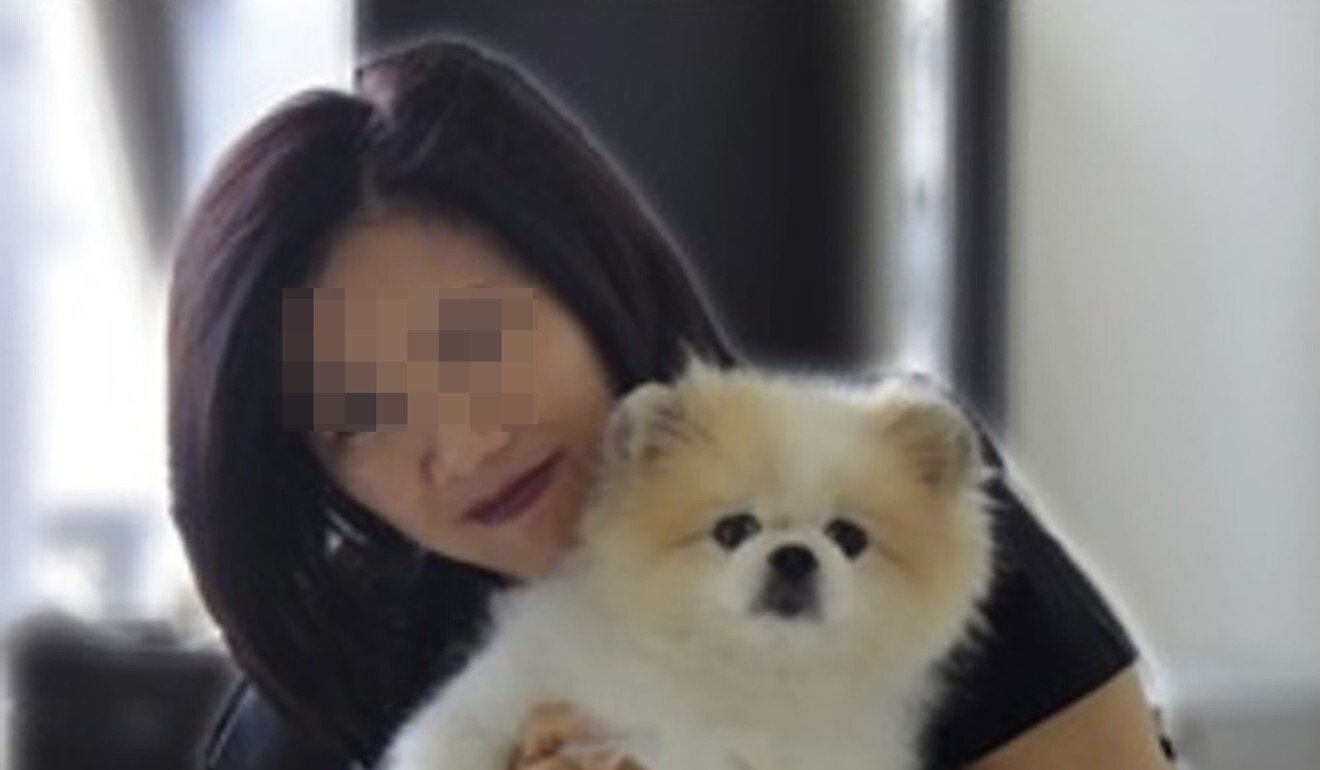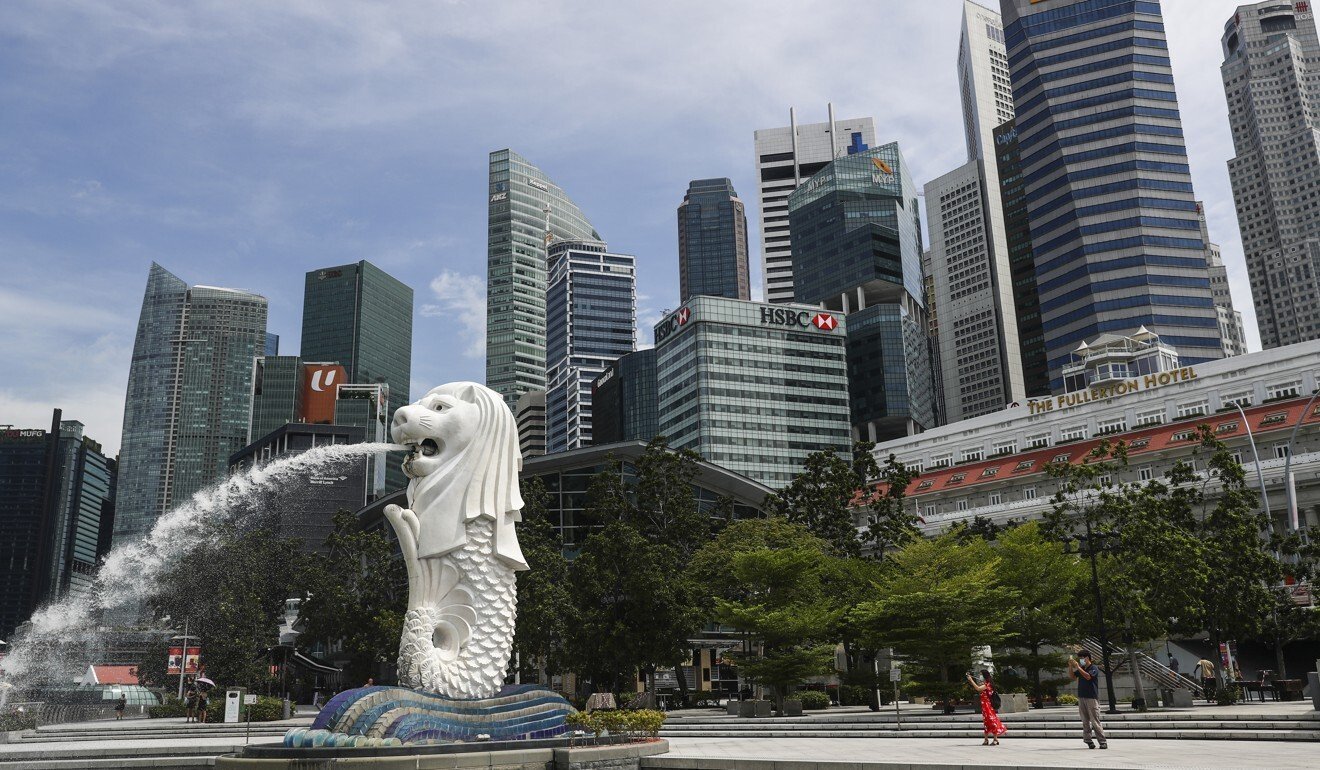Hong Kong News

Infection in dog, travel bubble, nasal vaccines: Hong Kong’s Covid-19 firsts
The coronavirus was not first reported in Hong Kong, but the city has made some of the world’s earliest Covid-19 discoveries – including infection in a dog, reinfection in a recovered patient, and a quarantine-free travel bubble with Singapore that was put on hold at the last minute as Hong Kong cases surged. The city’s scientists were also the first in the world to develop a nasal vaccine. Approved for clinical trials in September, it was the first nasal spray Covid-19 vaccine to be tested in humans.

1. Infection in a dog
A 17-year-old Pomeranian of a Covid-19 patient was the first dog reported to be infected with the coronavirus, Hong Kong authorities confirmed in March. Experts called it a “low-level infection” that was perhaps the first reported case of human-to-animal transmission of the disease.
2. Reinfected patient
A 33-year-old IT industry worker from the city was reinfected with Covid-19 after visiting Europe in August. His case was confirmed by scientists at the University of Hong Kong as the world’s first coronavirus reinfection. Presumed cases had been reported overseas but the HKU study was the first in the world to confirm reinfection after rigorous testing.

3. First travel bubble
Singapore and Hong Kong had agreed in principle to form a travel bubble exempting residents of both cities from any form of quarantine, the two governments revealed in mid-October. But the deal was put on hold at the start of December just before it was due to launch, as virus cases surged in Hong Kong. The bubble will be launched next year, but no date has been set.
4. First nasal vaccine
In January, before the pandemic gripped the world, it was reported that Hong Kong researchers had already developed a nasal vaccine – but needed time to test it, according to infectious diseases expert Professor Yuen Kwok-yung.
By September, it was announced that a nasal spray Covid-19 vaccine, jointly developed by researchers at the University of Hong Kong, Xiamen University and a Beijing pharmaceutical company, had been approved by mainland China’s National Medical Products Administration for clinical trials.











